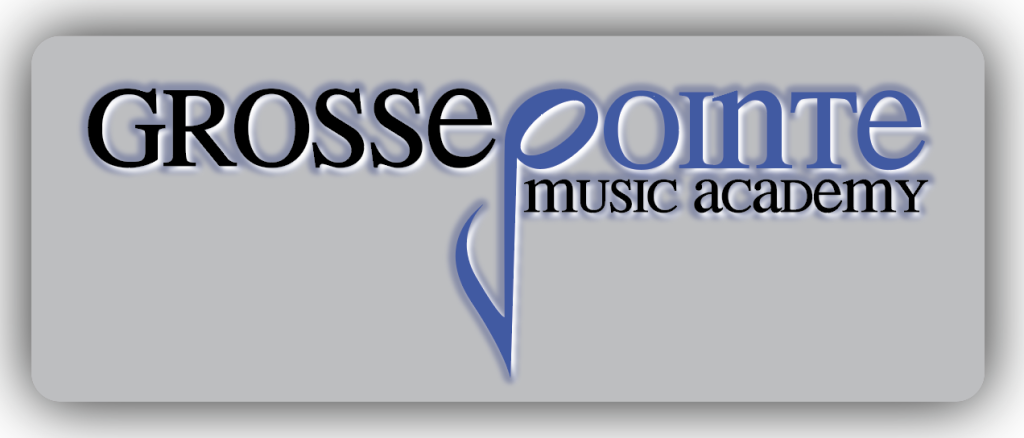Why Learn Classical Guitar?
Whether you’re an experienced musician looking to broaden your skill set or a beginner in search of a new challenge, studying classical guitar offers a rewarding and enriching path. It’s a unique discipline that sharpens technique, deepens musical understanding, and opens up new creative possibilities across all genres.

A Versatile Repertoire
Classical guitar is often associated with traditional music from centuries past, but the reality is much more diverse. Composers like Heitor Villa-Lobos and Leo Brouwer have written modern works that are both musically rich and highly engaging for players and audiences alike. From timeless classics to contemporary pieces, the repertoire of the classical guitar is varied, expressive, and endlessly inspiring.
Develop Fingerpicking Mastery
Many guitarists experiment with fingerpicking techniques on their own, often developing personal styles without formal guidance. Classical guitar instruction refines this approach through focused right-hand technique. Students learn how to play with greater fluidity, speed, and control — while also preventing tension and strain. These refined skills are useful far beyond the classical genre, influencing everything from folk to flamenco to fingerstyle acoustic playing.
Expand Your Chord Vocabulary
Unlike traditional guitar styles that often rely on standard chord shapes, classical guitar encourages you to explore more intricate voicings. You’ll learn to weave melody, harmony, and bass lines together — often within a single phrase. This kind of integrated playing not only develops finger independence but also enhances your understanding of the fretboard, making it easier to switch between classical, jazz, and contemporary guitar styles.
Build Music Reading Confidence
Reading standard notation on the guitar can be challenging due to the instrument’s multiple fingerings for a single pitch. But with consistent study, you’ll develop fluency in reading sheet music — a skill that sets you apart from most casual players. Reading notation improves your musical literacy and gives you access to a broader range of scores and instructional material.
Elevate Your Technique
One of the core benefits of classical guitar is the emphasis on precision. Through disciplined practice of posture, hand positioning, and finger coordination, you’ll build a foundation that supports advanced techniques across all styles. A well-developed classical technique can directly enhance your ability to tackle challenging pieces in other genres, such as jazz, flamenco, or even progressive metal.
Interested in Classical Guitar Lessons?
Our team at Grosse Pointe Music Academy offers classical guitar instruction for students of all levels. Lessons are available in-person or online, and we’ll help guide you every step of the way — from beginner pieces to advanced solo repertoire. Contact us to learn more or to schedule your first session.
📍 Locations: Grosse Pointe Woods, Canton, Brighton, Ann Arbor
📞 Call or text us at 313.458.7723

Leave a Reply